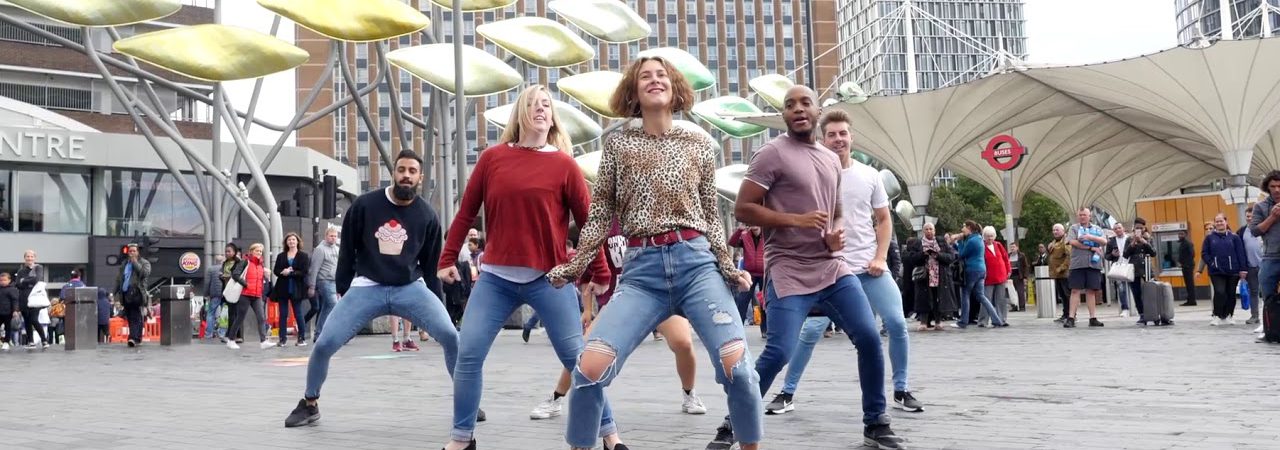
Houston teacher’s ‘quarantine flash mob’ brings music
Almost 100 new cases were reported in China, the largest increase in more than a month. And in an international competition for limited medical supplies, Israel has turned to its powerful spy service for an advantage.
A small study of chloroquine, a drug related to the one President Trump has promoted, was halted after several patients developed potentially fatal heartbeat irregularities.
Here’s what you need to know:
- Erdogan rejected the resignation of the minister who oversaw Turkey’s rushed lockdown.
- An unexpected new source of coronavirus infections in China has emerged: Russia.
- A chloroquine study ends in Brazil over concerns of fatal heart complications.
- The Israeli spy service has helped the country obtain coveted medical supplies.
- Britain surpasses 10,000 deaths, and Boris Johnson is released from the hospital.
- Flight attendants and pilots question whether they should still be working.
- Saudi Arabia, Russia and others agree to slash oil production to balance falling demand caused by lockdowns.
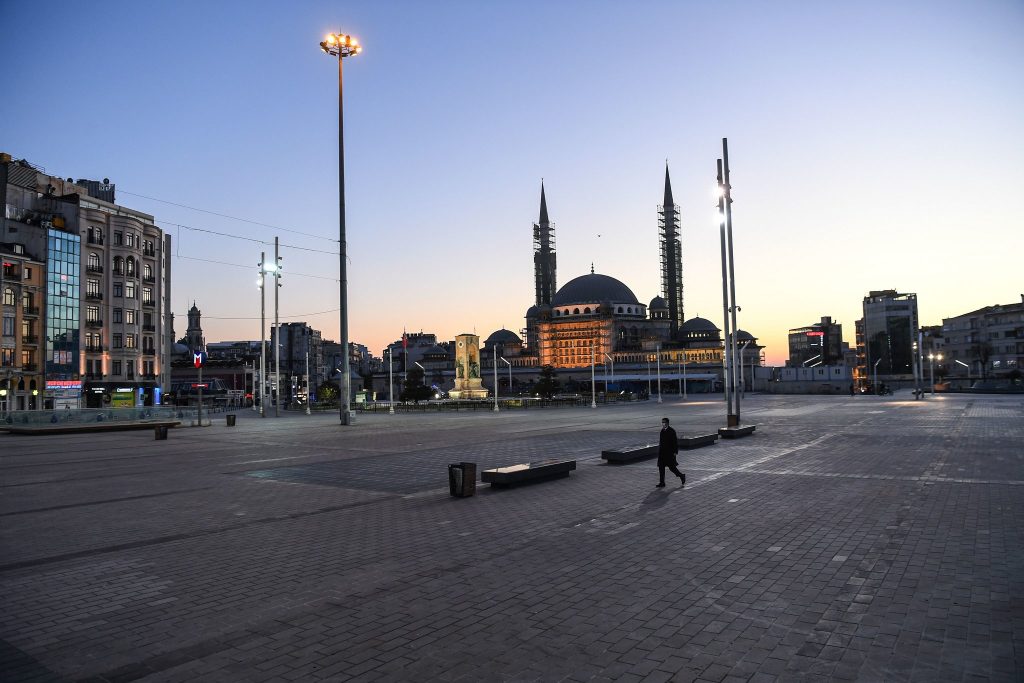
Erdogan rejected the resignation of the minister who oversaw Turkey’s rushed lockdown.
President Recep Tayyip Erdogan declined on Sunday to accept the resignation of Turkey’s interior minister, who offered it after taking responsibility for an abruptly announced curfew over the weekend that set off panic buying.
The minister, Sulyeman Soylu, announced his resignation late Sunday on Twitter, saying that he was responsible for implementing the lockdown. Within an hour, the president’s director of communications announced that Mr. Erdogan had refused to accept his resignation.
Mr. Soylu is one of the most powerful ministers of Mr. Erdogan’s cabinet, and his attempted resignation, following the removal of another minister two weeks ago, is an indication of the political fallout of the coronavirus pandemic.
Confirmed cases have risen to more than 56,000 in Turkey’s population of 80 million, and deaths are at 1,198.
The lockdown for 31 provinces was announced just two hours before it went into force at midnight on Friday, sending thousands of citizens rushing to late-night stores to buy provisions, undoing the government’s efforts to encourage social distancing.
At the time, Mr. Soylu said the lockdown was ordered by the president, but on Sunday, he said, that the responsibility for “implementing the weekend curfew decision, which was aimed at preventing the epidemic, belongs entirely to me.”
Turkey had seemed to be controlling the spread of the virus better than some European nations, and Mr. Erdogan introduced gradual restrictions while keeping some businesses working. The country was suffering double-digit unemployment and inflation even before the pandemic began.
Mr. Erdogan has sought to reassure citizens that the government will manage the health and financial fallout of the pandemic, but complaints are rising that a government compensation plan is inadequate. Many casual laborers are without income, and thousands of workers are being laid off.
An unexpected new source of coronavirus infections in China has emerged: Russia.
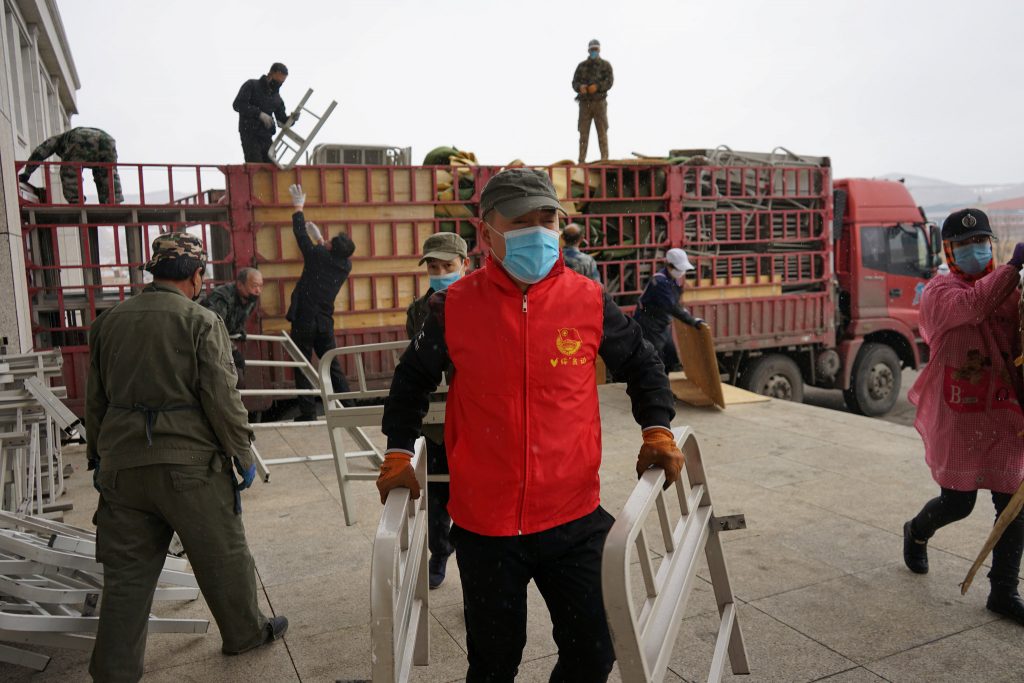
A surge of Chinese people returning from Russia, which is now experiencing its own spike in infections, has fueled the largest increase in reported new cases in China in more than a month.
Chinese officials said on Monday that 98 new infections were reported among people who recently arrived in China. The overwhelming majority of those were Chinese citizens, apparently scrambling to return to their homeland after China strictly limited flights in and out of the country.
Previously, an Aeroflot flight from Moscow to Shanghai on April 10 carried 60 people who ultimately tested positive for the coronavirus. The passengers have all been forced into government quarantine.
That flight arrived just days after China announced that it would close, effective Monday, its last overland crossing at Suifenhe, a small city across the border from Primorsky Krai, a region in Russia’s Far East.
Many Chinese people seeking to flee Russia have flown from Moscow to Vladivostok in hopes of completing the last leg by land. The Chinese Consulate in Vladivostok said in a statement on Sunday that 243 Chinese citizens infected with the coronavirus had already crossed the border. So many cases have emerged in the borderlands that the local government has opened a temporary hospital to deal with the caseload.
Russia closed its borders with China in January, hoping to staunch the spread of the pandemic, only to find itself facing a belated spike in cases. By Monday, Russia had nearly 16,000 cases and at least 130 deaths.
A chloroquine study ends in Brazil over concerns of fatal heart complications.
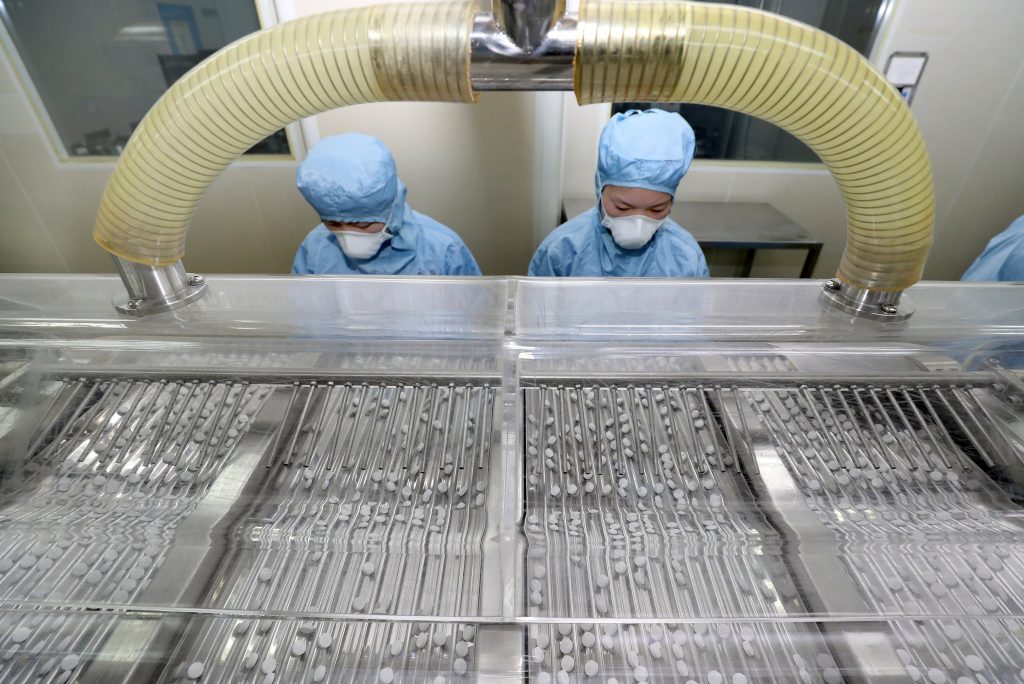
A small study of chloroquine, which is closely related to the hydroxychloroquine drug President Trump has enthusiastically promoted, was halted in Brazil after coronavirus patients taking a higher dose developed irregular heart rates that increased their risk of a potentially fatal arrhythmia.
The study involved 81 hospitalized patients in the city of Manaus and was sponsored by the Brazilian state of Amazonas. Roughly half the study participants were given a dose of 450 milligrams of chloroquine twice daily for five days, while the rest were prescribed a higher dose of 600 milligrams for 10 days. Within three days, researchers started noticing heart arrhythmias in patients taking the higher dose. By the sixth day of treatment, 11 patients had died, leading to an immediate end to the high-dose segment of the trial.
“To me, this study conveys one useful piece of information, which is that chloroquine causes a dose-dependent increase in an abnormality in the E.C.G. that could predispose people to sudden cardiac death,” said Dr. David Juurlink, an internist and the head of the division of clinical pharmacology at the University of Toronto, referring to an electrocardiogram, which reads the heart’s electrical activity.
The researchers said the study did not have enough patients in the lower-dose portion of the trial to conclude if chloroquine was effective in patients with severe cases of Covid-19, the disease caused by the coronavirus. More studies evaluating the drug earlier in the course of the disease are “urgently needed,” the researchers said.
Despite its limitations, infectious disease doctors and drug safety experts said the study provided further evidence that chloroquine and hydroxychloroquine, which are both used to treat malaria, can pose significant harm to some patients, specifically the risk of a fatal heart arrhythmia. Patients in the trial were also given the antibiotic azithromycin, which carries the same heart risk. Hospitals in the United States are also using azithromycin to treat coronavirus patients, often in combination with hydroxychloroquine.
President Trump has enthusiastically promoted them as a potential treatment for the novel coronavirus despite little evidence that they work, and despite concerns from some of his top health officials. Companies that manufacture both drugs are ramping up production.
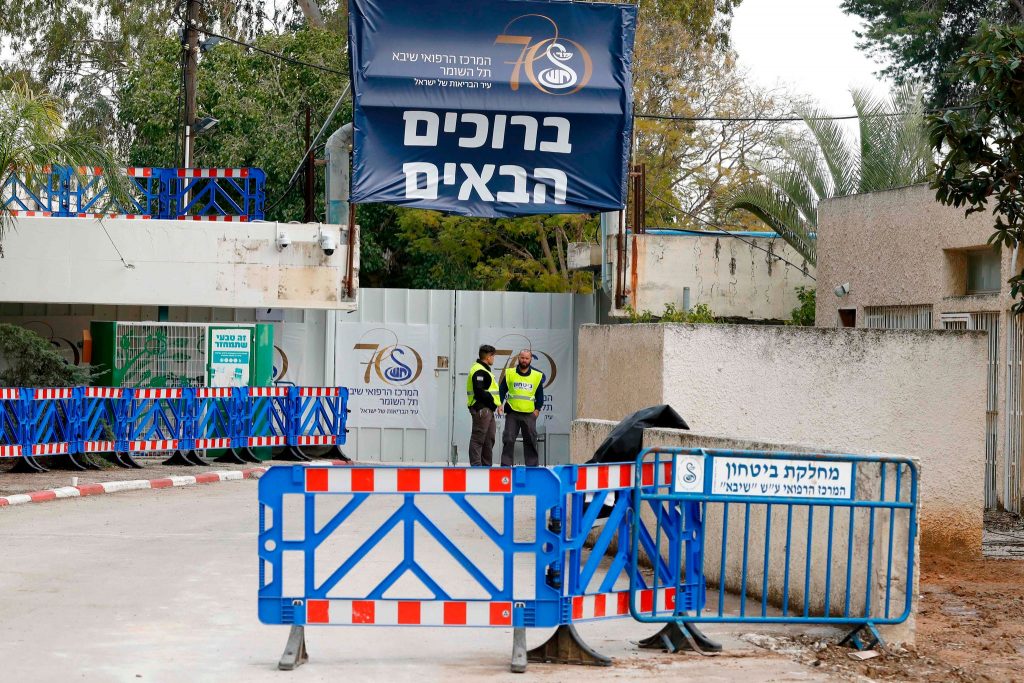
Israel’s powerful spy service has been deeply involved in the country’s fight against the coronavirus, and has been one of its most valuable assets in acquiring medical equipment and manufacturing technology abroad, according to Israeli medical and security officials.
As countries around the world compete ferociously for limited supplies during the pandemic, they are turning to any help available, and flexing their muscles unapologetically.
And with the Mossad having determined that Iran — struggling with its own coronavirus crisis — no longer represents an immediate security threat, the agency could afford to immerse itself in the health emergency, according to multiple people knowledgeable about its operations.
-
Latest News
-
Top Posts in April



















Comments